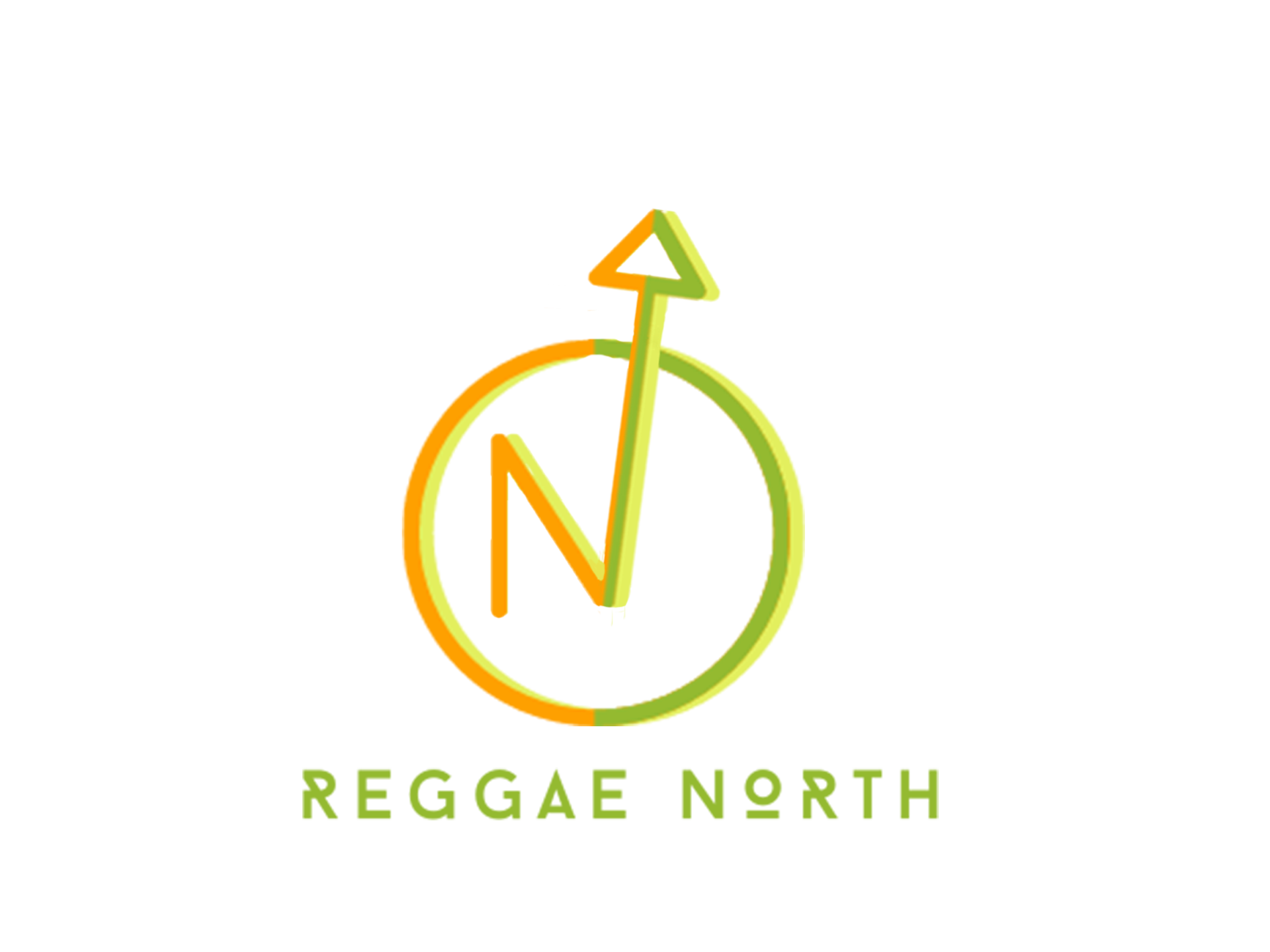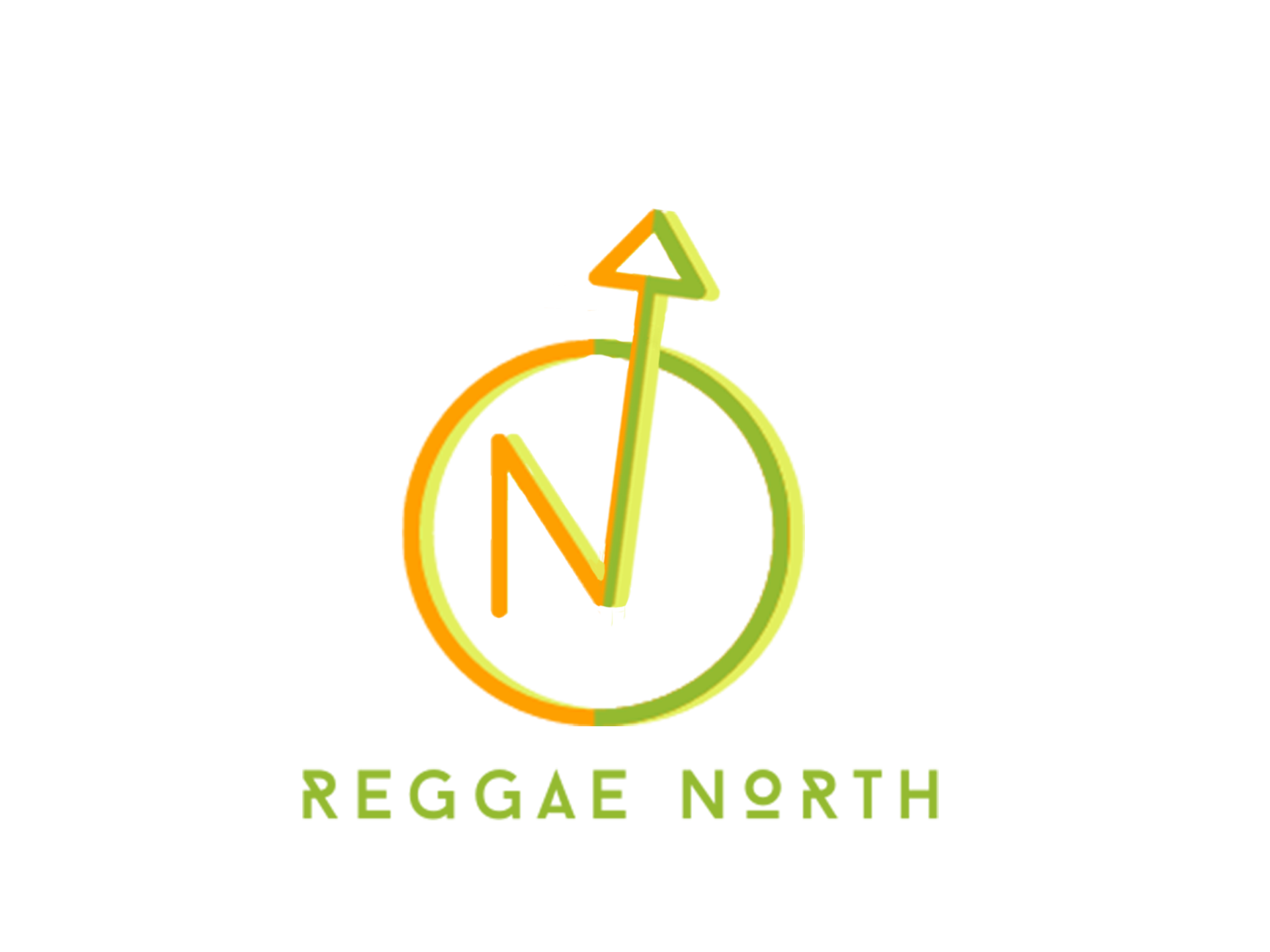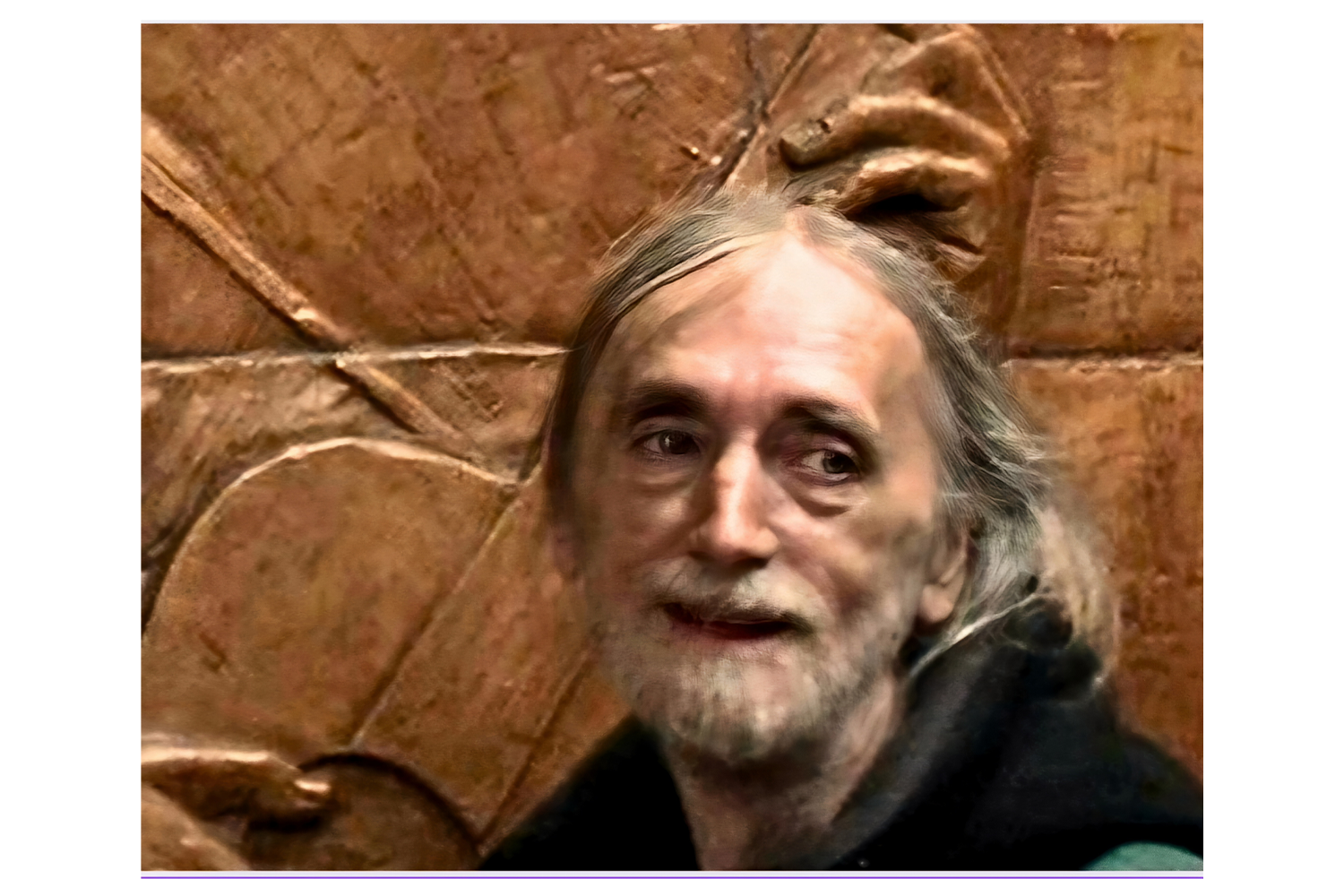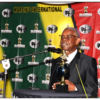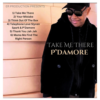When discussing music scenes, we often focus on the more obvious players—artists, promoters, venues, and record labels. Yet, the backbone of a thriving music culture often lies in the contributions of unsung heroes whose impact is less visible but deeply significant. These individuals—whether they are record store employees with impeccable taste, supportive journalists, or grassroots archivists—amplify the efforts of others and cultivate vitality within their communities. For Toronto’s reggae scene, one such figure was DB Hawkes.
From the mid-1980s to the mid-2000s, DB Hawkes, a dedicated archivist and radio host, played an instrumental role in documenting and elevating the reggae music culture in the Greater Toronto Area (GTA). Unlike today’s archivists who leverage the internet, DB worked through the traditional medium of radio, using his platform on CIUT 89.5 FM to connect the reggae scene to a broad audience. His efforts nurtured the genre’s development in the city, earning him a legacy that remains unmatched.
Known for his distinctive voice and a laugh that every local reggae musician could recognize, DB Hawkes embodied the spirit of reggae in Toronto. His radio show, Club Ned, broadcasted live performances from Toronto’s reggae scene, creating a feedback loop of accountability and inspiration among artists. DB would often play unpolished recordings, encouraging musicians to improve. “I record the whole show from the beginning,” he explained. “When I play it back on the air, if you’re not experienced, it’ll show. Hearing it makes you want to improve. It became a competition—not just among artists but compared to the last time you were on the radio.”
This candid broadcasting style pushed local bands to refine their craft, contributing to the overall quality and professionalism of Toronto’s reggae music scene. For artists fighting for recognition in the broader Canadian music industry, DB’s broadcasts were a crucial platform, exposing their work to a wide and diverse audience.
DB’s journey to becoming an archivist of Toronto reggae began long before his involvement in the scene. Born in Toronto in 1950, he grew up in Scarborough before moving to Montreal during his teenage years. It was here, under challenging circumstances, that he first encountered Jamaican culture. As a ward of the court, DB found himself in an experimental psychiatric ward where the overnight staff were predominantly Jamaican. Through humor, he connected with them, a skill that would define his interactions with the Jamaican community for the rest of his life.
His introduction to reggae came during Expo 67 in Montreal, where he saw Byron Lee and the Dragonaires and the Mighty Sparrow perform. Inspired, he began doing sound work for local bands before moving back to Toronto in 1969, where he became a resident of the infamous Rochdale College. In this countercultural hub, DB’s life took on a nomadic and occasionally precarious trajectory, including stints in Jamaica during the 1970s.
During his time in Jamaica, DB immersed himself in the music industry, forging connections with artists and producers. He informally promoted reggae’s global breakthrough, including Bob Marley’s ‘Catch a Fire’. However, his smuggling activities during this period eventually led to his arrest at Toronto International Airport in 1977. Reflecting on this chapter of his life, DB remarked, “If I went to jail for it, then I can talk about it.”
Despite these setbacks, his time in Jamaica established DB as a bridge between the island’s music scene and Toronto. Jamaican producers and artists, recognizing his influence, entrusted him with promoting their work in Canada. This positioned DB as a vital conduit for reggae music in Toronto, paving the way for his later role as an archivist and radio personality.
DB joined CIUT in 1986, hosting an open-format Saturday overnight show. By 1990, his time slot followed a robust lineup of Caribbean and Black-focused programming, including Dhantal Radio and The Masterplan Show. Recognizing the captive audience tuning in from Reggae Riddims, DB shaped his show around Jamaican music, creating a seamless extension of the night’s programming.
His recordings of live shows became the centerpiece of Club Ned. Using makeshift recording equipment, DB captured performances at iconic venues like the BamBoo, the Copa, and the El Mocambo, as well as at boozecans like Lionheart, which became legendary under his stewardship. “We weren’t having much luck getting an audience,” he recalled. “Then we started selling booze, and kaboom!”
DB’s life and career were not without turbulence. He was banned from CIUT in 2007 after an in-studio altercation, although he later returned with pre-recorded programming. His recordings, housed in milk crates under his bed, represent a treasure trove of Toronto’s reggae history, though much of it remains inaccessible to the public. Despite his significant contributions, DB’s mental health struggles and brushes with the law complicated his legacy. Yet, within the community, he remains a revered figure. As Michael St. George, a dub poet, noted, “I man respect your contribution.”
Beyond his technical role as an archivist, DB’s influence extended into the social fabric of Toronto’s reggae scene. He was known for sharing high-quality herb with artists, a gesture that both cemented his connections and fostered goodwill. “Herb money does come into play,” DB admitted. “From my point of view, I’m doing a recording—you want happy artists! It’s worth the money.”
His ability to connect people through both music and culture made him a beloved figure in the community. Promoters like Iley Dread, who organized events in Toronto’s Jamaican neighborhoods, appreciated DB’s willingness to engage directly with audiences often overlooked by mainstream venues.
Although DB is less active today, his impact on Toronto’s reggae scene is undeniable. His recordings, spanning decades, offer a unique historical archive of the city’s cultural evolution. Despite his challenges, DB’s contributions continue to be celebrated by those who benefited from his work. Julion King of Canadian Reggae World summarized his influence succinctly: “He chose to elevate the music and the scene and has never asked for a single dime.”
DB Hawkes’ story is a reminder that music scenes are shaped not just by the artists on stage but by the myriad individuals working behind the scenes. His dedication to Toronto’s reggae community created opportunities for artists to thrive and brought the sounds of Jamaica to Canadian audiences. As a self-styled archivist, DJ, and cultural connector, DB exemplifies how passion and persistence can leave an indelible mark on a community. Whether through his recordings, his radio broadcasts, or his mentorship, DB Hawkes ensured that reggae in Toronto would resonate far beyond the city’s borders.
Excerpts from an article by David Dacks, “The Unsung Story of Toronto’s Reggae Bootlegger”, blogTo, February 28, 2015.
